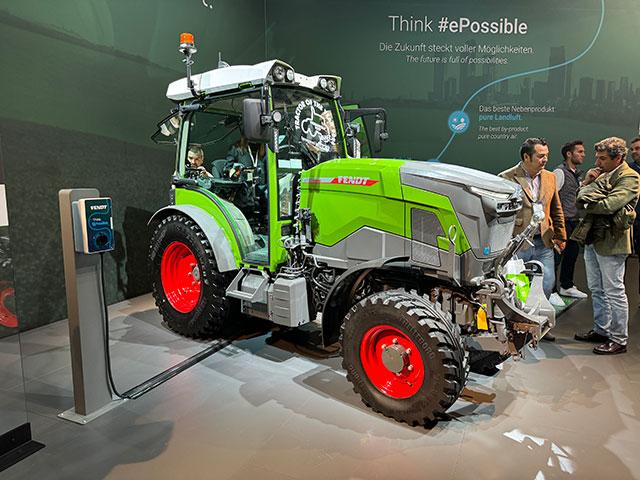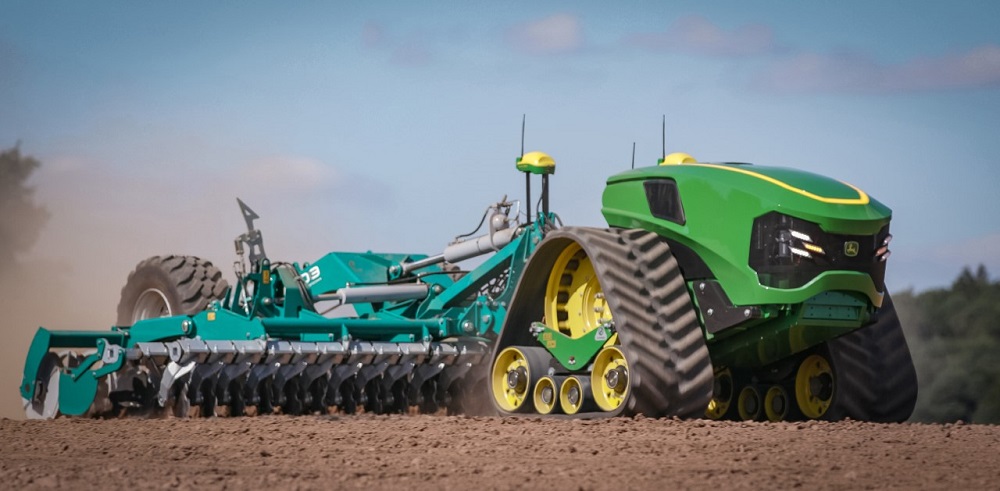Automation in Agriculture
Agriculture.........what is it and its importance to Trinidad and Tobago?
Agriculture, as defined in the oxford dictionary is, 'the science or practice of farming, including cultivation of the soil for the growing of crops and the rearing of animals to provide food, wool, and other products'.
Locally farming can be seen in crop production, livestock production, aquaculture, hydroponics, agroforestry and more. it is diverse and has been apart of the history of Trinidad and Tobago for a very long time. This includes subsistence farming practices by the indigenous peoples to the shift to industrial/commercial agriculture, during the colonial occupation of the islands, to produce crops like sugar cane. After the independence of Trinidad and Tobago from colonial rule local agriculture still plays a vital part in food security for the consistently increasing local population. The food import bill measures around TT$6 billion dollars annually and efforts are being undertaken to reduce this bill.
Automation and its rise in prominence in recent decades.
The use of machines to increase work efficiency and productivity has been around since the earliest civilizations. In recent decades however, the rapid advancement in the complexity, capability and affordability of machines have allowed ever increasing amounts of automation and mechanization into the workforce. What would have taken a well staffed department of clerks and money counters to facilitate now only takes a decently trained person in excell a working day to accomplish. Its the same in trades as well, with the use of backhoes, excavators and cranes facilitating billions of dollars in trade and construction on a yearly basis. Mechanization and Automation has become the backbone of alot of society's major economical and infrastructural ventures. This can be seen in the trend for A.I. incorporation into pre-existing and entrepreneurial ventures. the potential that these new systems have to increase productivity, generate new solutions, and assist professionals in their roles, makes it a trend not to miss out on as it can provide benefits that we are only now discovering.
 |
| 'Fendt e100 V' electric tractor |
Agriculture vs Oil and Gas in Trinidad and Tobago .
Trinidad and Tobago has been investing recently into agriculture. Each budget assigns millions of TTD towards agriculture and that seems like it should have allowed us to make alot of progress collectively in the field, allowing for more advanced production methods and techniques. Compared to the investment placed in Manufacturing and Oil and Gas over the past 4 decades however agriculture has basically taken the role of an afterthought in comparison. Where is the evidence you ask? Trinidad alone has multiple industrial estates dedicated to Oil and Gas and Manufacturing, from Pt. Lisas Industrial estate, Factory road (Diego Martin) and the vast amounts of land dedicated to natural gas refining/products in the South of Trinidad. The desalination plant (Desalcott) in Pt. Lisas was originally built to supply the industrial estates water needs.
 |
| Refinery in Pt. Lisas industrial estate |
The e-teck park is an initiative for non Oil and Gas ventures have some investors with companies like Summit TT (luggage) and Brydens Group (distributors) showing great promise but its hard to compete with Oil and Gas in terms of revenue.
 |
| Turning sod ceremony for Bryden distribution Centre at phoenix park (January 2024) |
Almost 40% of Trinidad's and Tobago's revenue comes from Oil and Gas.There just is not the same level of investment in local agriculture and whether that's a wise financial decision for the country or not is not the point of this paragraph. The facts just are that there has been a lacking amount of focus and investment shown in agriculture compared to other economic ventures and if we seek to diversify the approach and attitude to agriculture needs to change.
Automation and Agriculture in Trinidad and Tobago and is potential for economic growth and food security.
The current rise in automation, electrification and A.I. in pre existing fields provides opportunities for the creation of new unsaturated markets and potentially exportable products. Foreign companies that produce agricultural products are trying to join these new trends. tractor companies like Fendt and John Deere are producing electric tractors to meet the demand of a new environmentally conscious consumer (and also obey emission laws that target large CO2 emitters). There are other products as well like drones for surveying and spraying agricultural lands, improving efficiency and improving yields. The potential doesn't end with production, it also extends through out the agri-value chain. From better machines to help with Agro-processing and better security systems to help mitigate loss due to predial larceny or livestock wandering. There is alot of potential to be found in the field and we may not be able to compete globally with raw production numbers due to land space but we can develop new technologies and systems that can be sold or leased. Improving local food security can be achieved and these new systems can help us do so, but it takes focus, investment and consideration to navigate these new opportunities.
 |
| 'John Deere autonomous electric tractor' in the works |

Comments
Post a Comment